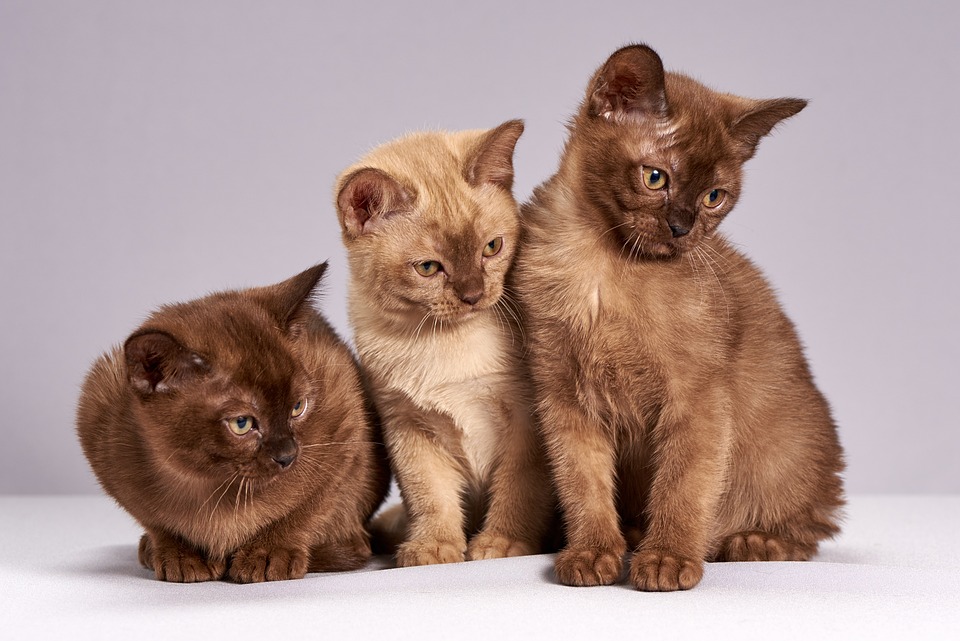Cat urinary problems can be a cause of concern for any loving pet owner. From urinary tract infections to bladder stones, these issues can cause discomfort and pain for your feline friend. While conventional treatment options are available, many pet owners are turning to natural remedies and holistic approaches to support their cat’s urinary health. In this article, we will explore some effective natural remedies for cat urinary problems and discuss how they can help maintain a healthy bladder.
Understanding Cat Urinary Problems:
Common urinary problems in cats include urinary tract infections, bladder stones, and feline idiopathic cystitis (FIC). These conditions can cause symptoms such as frequent urination, blood in the urine, straining to urinate, and urinating outside the litter box. It’s important to understand the causes and risk factors of these problems, which can include diet, stress, genetics, and underlying medical conditions. Early detection and treatment are crucial to preventing further complications.
Holistic Approaches for Cat Urinary Problems:
A. Diet and Hydration:
The role of diet in preventing urinary problems cannot be overstated. Feeding your cat a balanced and appropriate diet is essential for maintaining a healthy urinary system. Cats with urinary issues may benefit from diets that promote a balanced pH level in urine, such as those formulated to prevent urinary crystals and stones. Additionally, providing ample water sources and incorporating wet food into their diet can help increase hydration, dilute urine, and prevent urinary issues.
B. Herbal Supplements:
Herbal supplements can provide natural support for cat urinary health. Certain herbs, such as cranberry, marshmallow root, and uva ursi, have been found to have benefits for urinary problems in cats. These herbs can help promote a healthy urinary tract, reduce inflammation, and prevent the formation of crystals and stones. It’s important to follow dosage and administration guidelines provided by a veterinarian or reputable source when using herbal supplements.
C. Homeopathic Remedies:
Homeopathy is another holistic approach that can be considered for cat urinary problems. Homeopathic remedies are prepared from natural substances and can help address the underlying imbalances causing urinary issues. Common homeopathic remedies for cat urinary problems include Cantharis, Berberis vulgaris, and Staphysagria. Consulting a professional homeopathic veterinarian is recommended to determine the most appropriate remedy for your cat’s specific condition.
D. Stress Reduction:
Stress can play a significant role in cat urinary problems. Cats are sensitive creatures and can experience stress due to changes in their environment, routine, or interactions with other pets. Creating a calm and stress-free environment for your cat is crucial for their overall well-being. This can include providing hiding spots, vertical spaces, and engaging in interactive play. Additionally, pheromone diffusers and calming techniques, such as gentle massage or music therapy, can help reduce stress levels in your cat.
Frequently Asked Questions (FAQs):
1. Can natural remedies be used as a sole treatment for cat urinary problems?
Natural remedies can be effective in managing and preventing urinary problems, but it’s important to consult with a veterinarian for a proper diagnosis and to determine the best course of treatment.
2. How long does it take to see results from natural remedies?
The time it takes to see results can vary depending on the specific condition and the individual cat. It’s important to be patient and consistent with the use of natural remedies.
3. Are there any side effects associated with natural remedies?
When used properly and in appropriate doses, natural remedies generally have minimal side effects. However, it’s important to monitor your cat for any adverse reactions and consult with a veterinarian if necessary.
4. Should I consult a veterinarian before using natural remedies?
Yes, it’s always advisable to consult with a veterinarian before using any natural remedies. They can provide guidance, ensure proper dosing, and rule out any underlying medical conditions.
5. Are there any lifestyle changes that can help prevent cat urinary problems?
Maintaining a balanced diet, providing ample hydration, reducing stress, and ensuring a clean litter box are all important lifestyle changes that can help prevent cat urinary problems.
6. Can I combine different natural remedies for better results?
Combining different natural remedies can be beneficial, but it’s important to consult with a veterinarian to ensure compatibility and appropriate dosing.
7. Is it possible to prevent recurring urinary problems in cats?
While some cats may be more prone to urinary problems, adopting a holistic approach that includes a balanced diet, herbal supplements, homeopathic remedies, and stress reduction techniques can help prevent recurring urinary problems.
Conclusion:
Taking a holistic approach to cat urinary problems can provide your furry companion with natural support and promote a healthy bladder. By incorporating a balanced diet, herbal supplements, homeopathic remedies, and stress reduction techniques, you can help prevent and manage urinary issues in your cat. However, it is always advisable to consult with a veterinarian to ensure the best course of treatment for your cat’s specific condition. Remember, a healthy bladder leads to a happier and more comfortable feline friend!








